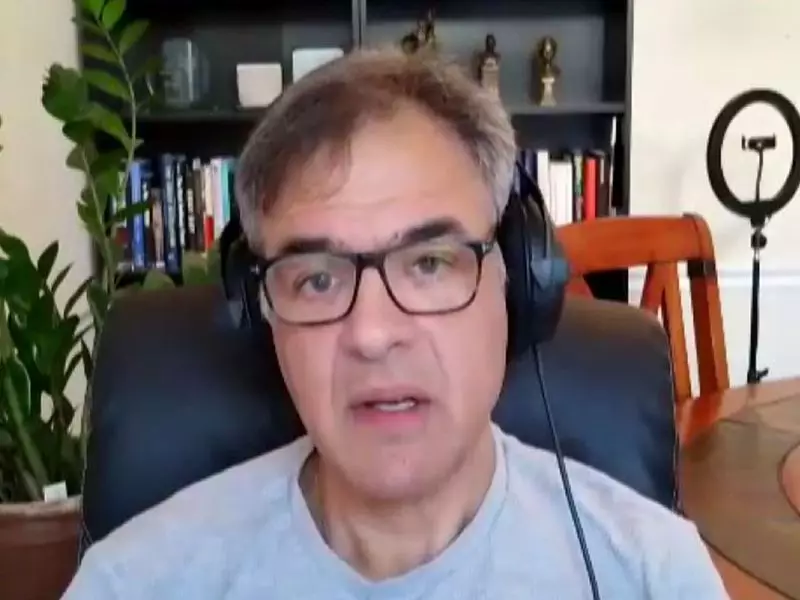
In a stunning revelation that sheds new light on geopolitical maneuvering during one of history's most sensitive nuclear crises, a former CIA operative has disclosed that Saudi Arabia directly intervened to prevent the United States from targeting Pakistan's controversial nuclear scientist Abdul Qadeer Khan.
The Shocking Intervention
According to the ex-CIA agent, Saudi officials approached their American counterparts with an unprecedented request: "Please leave him alone." This direct intervention occurred at the height of international concerns about nuclear proliferation and AQ Khan's alleged involvement in spreading nuclear technology to other countries.
Geopolitical Implications
The revelation exposes the complex web of alliances and interests that characterized the global response to nuclear proliferation concerns. Saudi Arabia's intervention on behalf of the Pakistani scientist highlights:
- The kingdom's strategic interests in maintaining regional alliances
- The limitations of US influence in sensitive geopolitical matters
- The delicate balance of power in nuclear diplomacy
- How national interests often override non-proliferation concerns
AQ Khan's Controversial Legacy
Abdul Qadeer Khan, often called the "father of Pakistan's nuclear program," has long been a controversial figure in international security circles. While celebrated as a national hero in Pakistan for developing the country's nuclear capabilities, he has faced widespread international criticism for allegedly running a nuclear proliferation network that transferred technology to countries including North Korea, Iran, and Libya.
Intelligence Community Reactions
The former CIA agent's account suggests that the US intelligence community faced significant external pressure in handling the AQ Khan case. The Saudi intervention represents one of many diplomatic obstacles that complicated efforts to address what many considered a grave threat to global security.
This revelation comes at a time when nuclear proliferation concerns remain acute globally, offering important historical context for current diplomatic challenges and intelligence operations in sensitive geopolitical environments.





